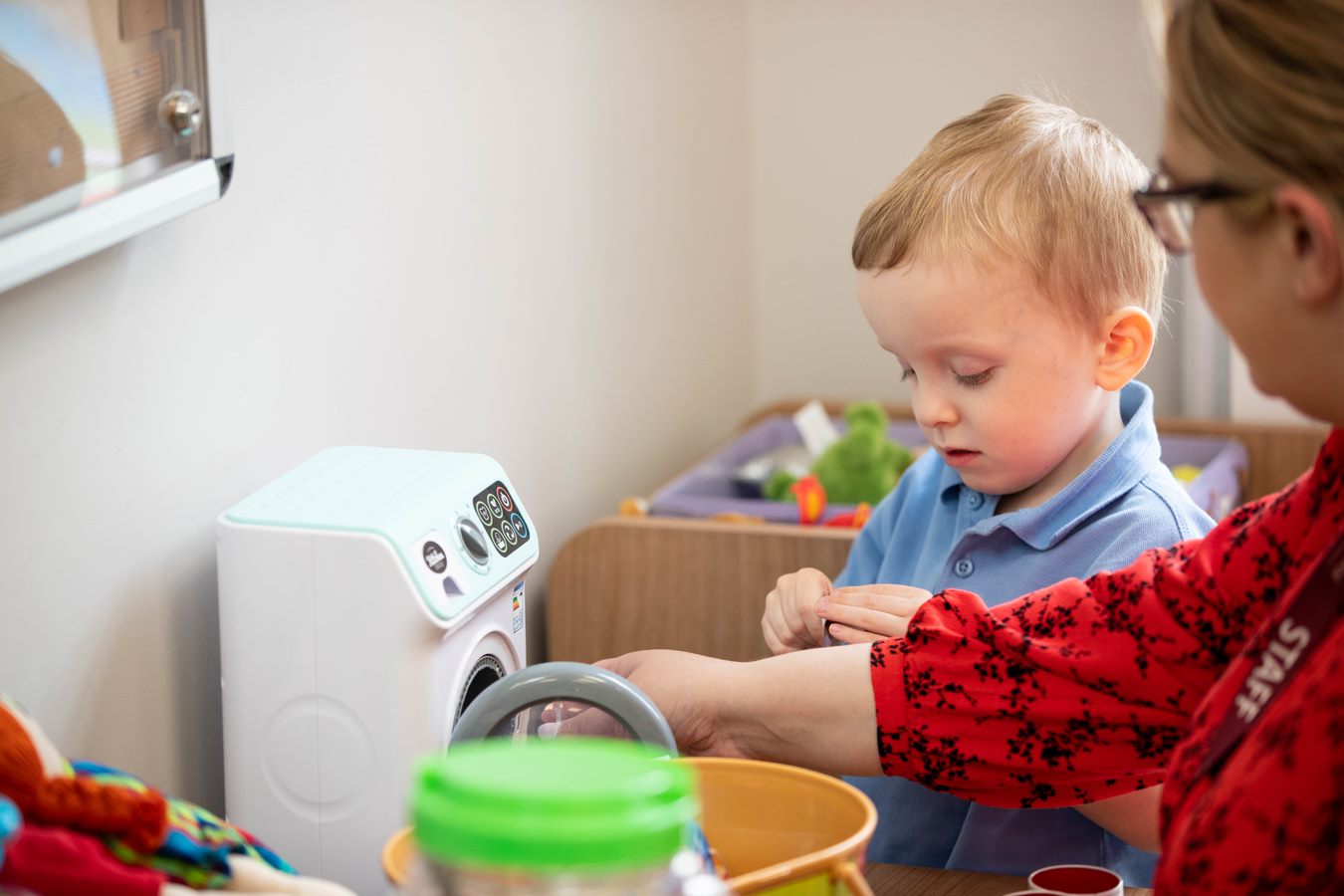Our vision is that all children and young people receive a meaningful and fulfilling education that enables them to make their own choices about the direction of their adult lives. In order to make this aspiration possible, young people with autism often need explicit and direct teaching of choice making and self-advocacy skills during their time at school.
At Abbey School we are committed to person centred practice. In order to be truly person centred, it is essential that we are able to actively listen to pupil voice, rather than rely solely on the ideas of those in a young person’s circle of support. It is our job as educators to ensure that each and every pupil’s voice is heard in a way that is meaningful and accessible to them. To this end, we have developed an innovative ‘Pupil voice Toolkit’ containing a bank of tools, strategies and resources to help us identify each young person’s preferences as they learn to be able to do this themselves.
Pupil voice at Abbey School refers to both the small day-to-day decisions that we all take for granted (e.g. choices around food, toys, activities etc) and larger decisions surrounding a young person’s future (such as where they would like to live, work and leisure aspirations etc).
Pupil voice is sought both formally (e.g. through a person centred annual review or through the School council) and informally (day-to-day decisions) at Abbey School to ensure that all pupils have an immediate voice and choice in how they learn and, develop longer term decision making skills to actively advocate for their future wishes.
To find out more or for placement enquiries, please contact
Abbey School Principal, Dr Katy Lee
Find out more about our Residential Provision
